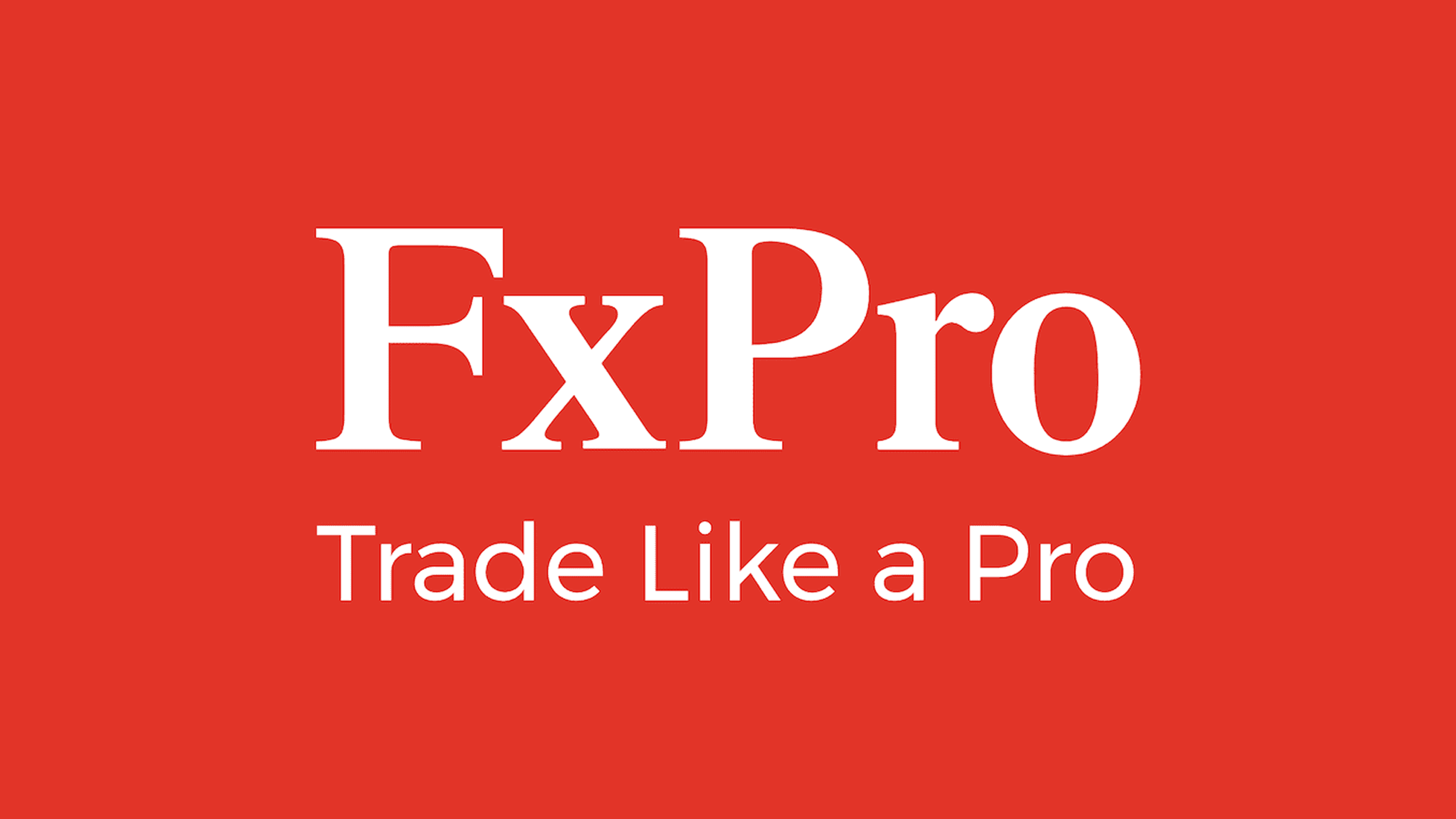Financial market regulators have for decades been searching for strategies to broaden their supervisory authority. Many regulators have, however, stuck to a simulation of the traditional regulatory approach.
The implementation of RegTech is the solution to the complexities of regulatory oversight. Still, only a few authorities are considering the reduced expenses and streamlined procedures that this technology affords them.
Regulators' Plan to Stick to Traditional Security Measures
In December 2021, the Dutch Authority for the Financial Markets (AFM) and Autorité des marchés financiers (AMF) jointly released a statement as regards its supervisory coverage. The statement cited the "growing practices of financial institutions getting a license in other EU member states than that of their target audience."
The regulators emphasized that they do not want to "outsource" the regulation of French and Dutch citizens to other EU regulators but rather "insource" it to them. This elicited public reactions. Some people claim that outsourcing regulatory oversight is against the tenets of the EU, while others hinted that this "reverse monitoring" structure is unworkable.

Other regulatory bodies are also adopting alternative strategies. A good example is the Financial Services Authority (FSA) of Saint Vincent and the Grenadines (SVG). On January 6, 2023, the FSA announced, "Companies intending to trade fx within its jurisdiction must present a certified copy of its licenses from local authorities."
The FSA insists that applications for new licenses will be denied, and current brokers have until March 10, 2023, to provide the necessary documentation without risking penalties. The FSA is essentially outsourcing its regulatory functions to foreign authorities by stating these regulatory conditions.
The Introduction of Regulatory Technology
Judging by the many different regulatory measures and the hassles of these Traditional methods, there is a need for a uniform approach and technological harmonization. The deployment of proper technology drastically reduces the regulatory hurdles of traditional methods.
RegTech, or regulatory technology, solutions, slash costs, streamline procedures and shorten time-to-market. These are a crucial and integral part of compliance, onboarding, and reporting teams' daily operations at financial institutions.
RegTech is a practical remedy for international trading. Financial Institutions can automatically classify their clientele and prepare a risk profile of their clientele and the financial institution's domiciles using an automated protection module.
RegTech deployment will result in enhanced compliance at a relatively cheap cost, benefiting all regulators, financial, and investors. Due to its potential to cross jurisdictional borders, this solution can stop regulatory arbitrage. This is a step in the right direction for financial market regulators.

 RoboForex
RoboForex Exness
Exness FxPro
FxPro Alfa-Forex
Alfa-Forex Libertex
Libertex FxGlory
FxGlory XM
XM IC Markets
IC Markets Forex.com
Forex.com AXITrader
AXITrader